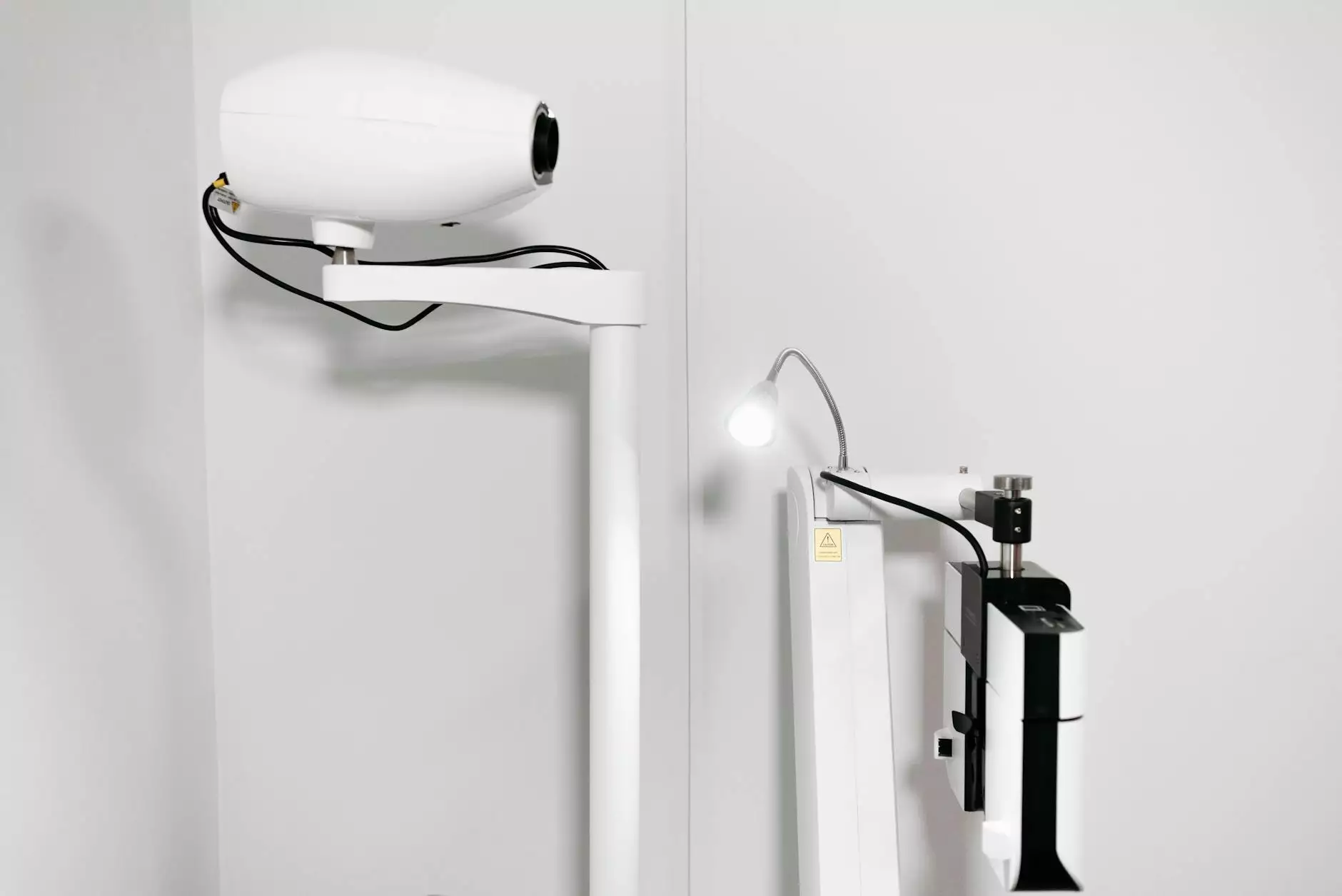Residential Battery Storage Systems - The Future of Sustainable Energy

Introduction:
Welcome to Ainegy.com, your go-to destination for all things related to health, medical, and nutrition. In this article, we dive deep into the world of residential battery storage systems, exploring their incredible benefits and how they can transform the way we consume and store energy for our homes.
What are Residential Battery Storage Systems?
Residential battery storage systems are innovative solutions that allow homeowners to store excess energy generated by renewable sources such as solar panels. These systems harness the power of rechargeable batteries to store the surplus energy for later use, reducing reliance on the traditional power grid and promoting sustainability.
The Benefits of Residential Battery Storage Systems:
1. Energy Independence: By installing a residential battery storage system, homeowners can break free from the constraints of the traditional power grid. This means that even during power outages, they can continue to enjoy a reliable source of electricity, keeping essential appliances and systems up and running.
2. Cost Savings: With a residential battery storage system, you can significantly reduce your reliance on electricity from the grid, resulting in lower energy bills. By storing excess energy during off-peak hours or when energy rates are lower, you can use that stored energy during peak hours when rates are higher, saving you money in the long run.
3. Environmental Impact: Residential battery storage systems contribute to a greener future by promoting the use of renewable energy sources. By utilizing the excess energy generated by solar panels instead of relying on fossil fuels, you actively reduce your carbon footprint and help combat climate change.
How Residential Battery Storage Systems Work:
Residential battery storage systems consist of three main components:
- Photovoltaic Solar Panels: These solar panels convert sunlight into electricity.
- Inverter: The inverter converts the DC electricity generated by the solar panels into AC electricity suitable for household use.
- Battery Bank: The battery bank stores the excess energy generated by the solar panels for later use.
When the solar panels produce more energy than your home currently needs, the excess energy is directed towards charging the battery bank. Later, when the solar panels are not generating enough electricity, such as during cloudy days or at night, the stored energy is discharged from the batteries and used to power your home.
Choosing the Right Residential Battery Storage System:
When selecting a residential battery storage system, there are several factors to consider:
- Capacity: Assess your energy needs and choose a battery system with sufficient capacity to meet those requirements.
- Compatibility: Ensure that the battery storage system is compatible with your existing solar panels and inverter.
- Brand Reputation: Research reputable brands known for their quality and reliability.
- Warranty: Check the warranty details to protect your investment.
Conclusion:
Residential battery storage systems are revolutionizing the way we consume and store energy. With benefits like energy independence, cost savings, and a positive environmental impact, they are becoming increasingly popular among homeowners. By harnessing the power of renewable energy and advanced battery technology, these systems provide a pathway towards a sustainable future.
If you're interested in exploring residential battery storage systems for your home, reach out to us at Ainegy.com. Our team of experts will guide you in choosing the right system that suits your needs and ensures a brighter, greener future for you and the planet.









